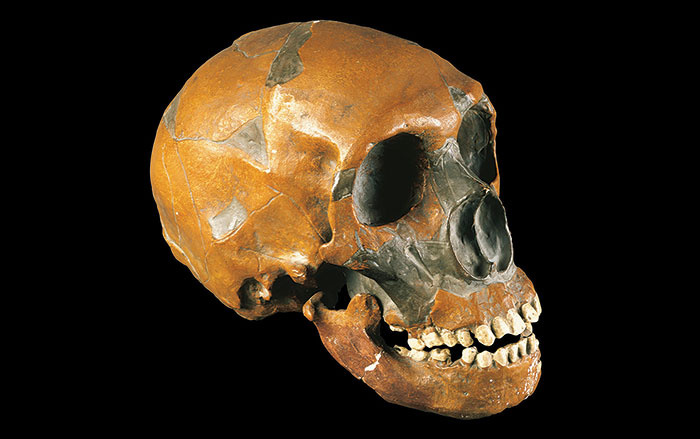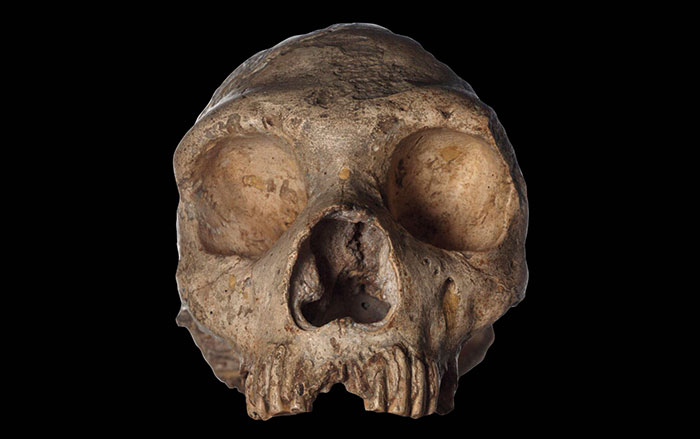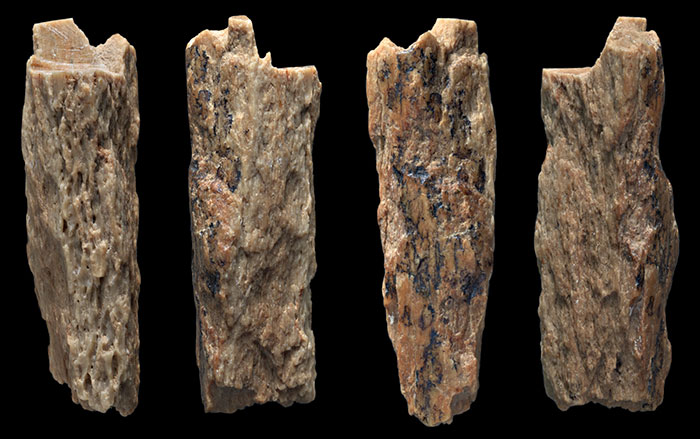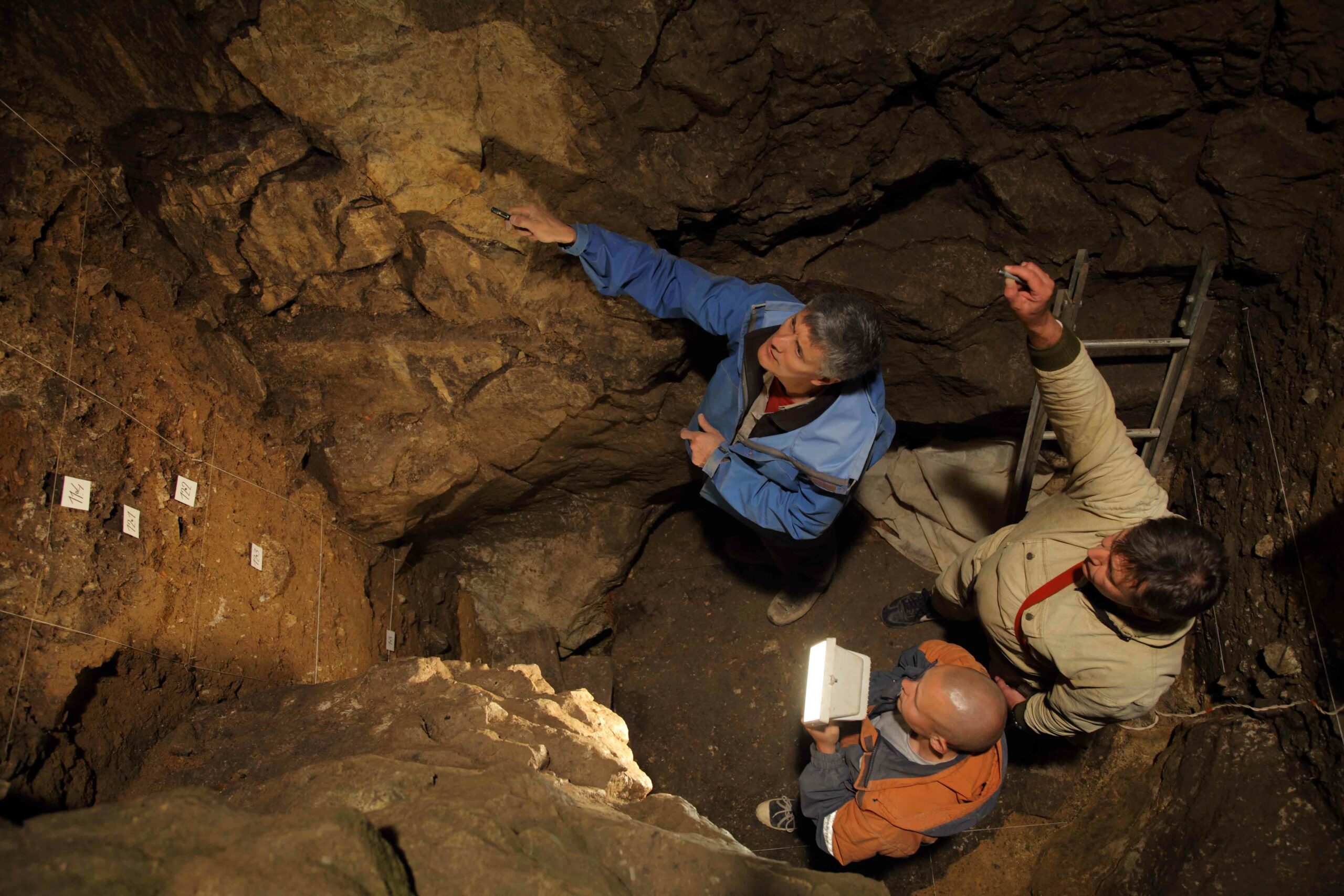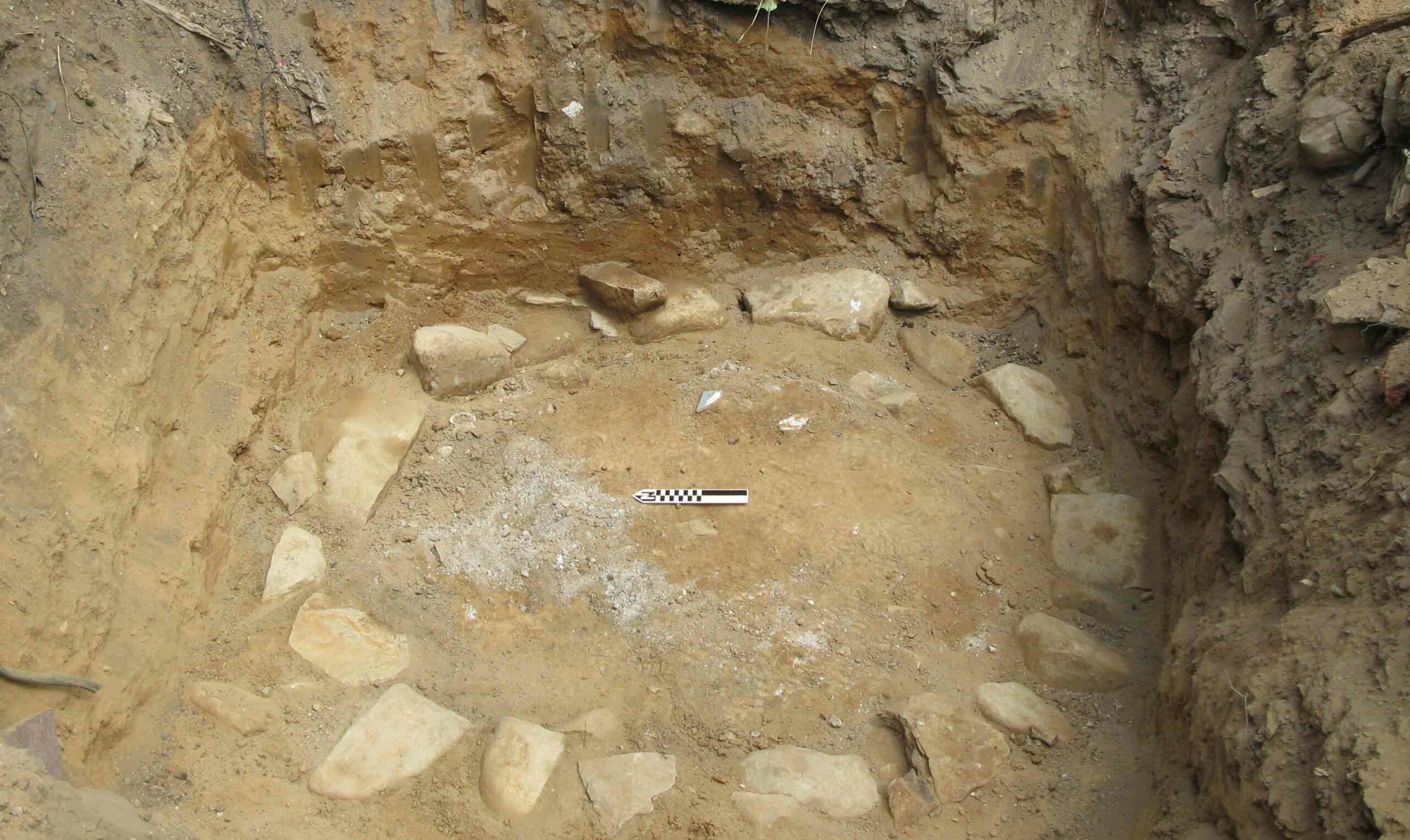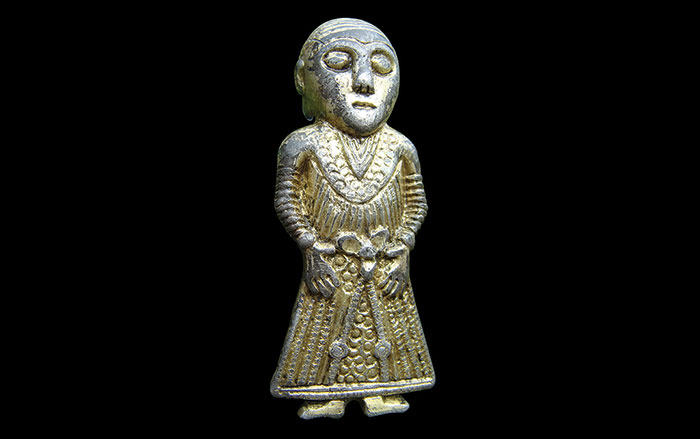
LEIPZIG, GERMANY—The complete genome of a very ancient modern human has been sequenced by Svante Pääbo and his team at the Max Plank Institute for Evolutionary Anthropology. “It’s almost twice as old as the next oldest genome that has been sequenced,” Pääbo told NPR. The 45,000-year-old DNA was obtained from cells collected from the center of a femur discovered near the Irtysh River in western Siberia. The analysis shows that the man had long Neanderthal gene sequences, indicating that he’d had Neanderthal ancestors who lived between 50,000 and 60,000 years ago. “They actually mixed with each other and did have children,” Pääbo said. For more on Pääbo's work, see "Neanderthal Genome Decoded."


